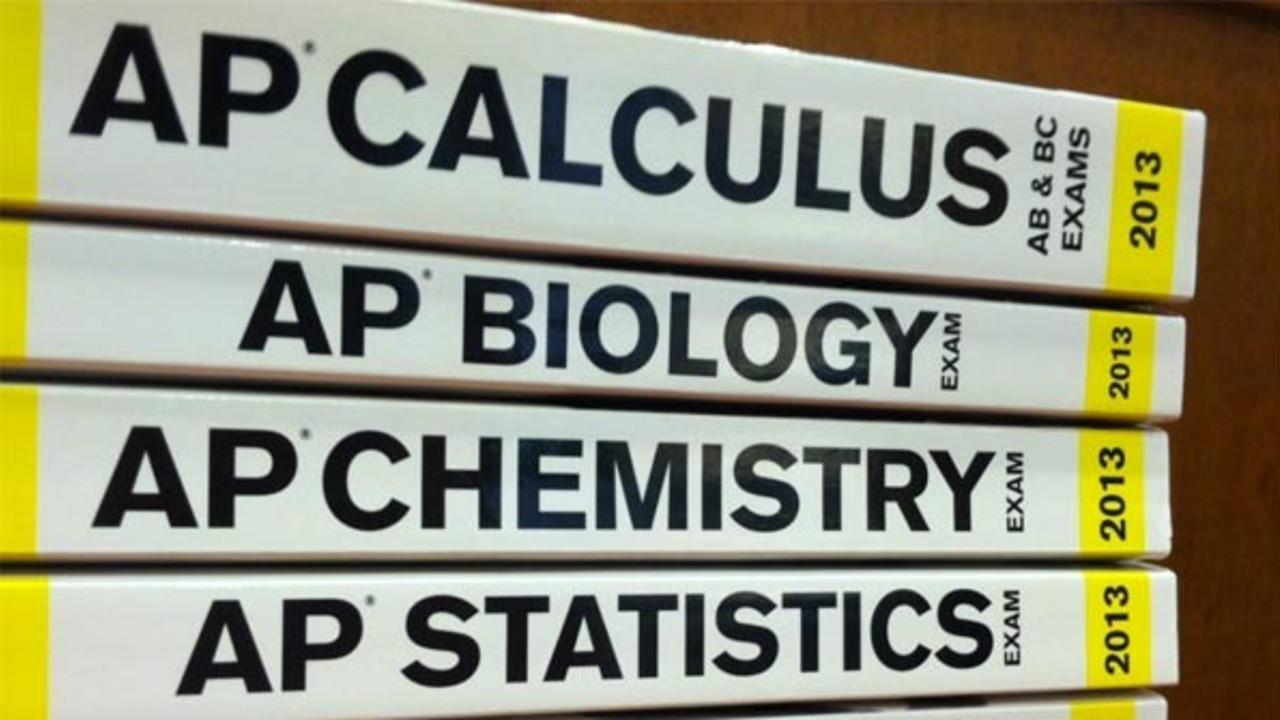College Interview Tips to Share With Your High School Senior

Below are a few questions that your teen can ask and questions they can be expected to be asked during their college interview. Give this to them!
QUESTIONS WORTH ASKING IN AN INTERVIEW
-
What is the average class-size (especially in my field of study?) And how does it change from freshman to upper-class years?
-
What are the internship opportunities?
-
What happens here on weekends?
-
How about current campus issues?
-
What do students like best about this school?
-
What do they complain about?
-
What kind of student is most successful here? What kind is not?
SAMPLE INTERVIEW QUESTIONS
-
How did you learn about ____________ college?
-
What are you looking for in a colle...
Are resumes necessary for high school students?

The short answer is “yes.” Some schools always ask for it and expect it (Cornell and Washington University in St. Louis). Every year, colleges tell me that they want to see that kids are engaged. Studies have shown that children who take part in after-school programs can enjoy the benefit of an academic boost. In fact, such studies showed that students who took part in regular after-school programs performed better academically than their peers who did not attend after-school activities.
Time management is key
Students who take part in extracurricular activities are taught how to effectively manage their time. This is an excellent way to teach time management and help students learn how to keep their p...
What To Do If Your Child Has “Bad Grades”

I was recently asked a really good question from a parent that was interested in working with us. She asked me, "Would you be able to help my kid, even if he has really bad grades?" I said, "Absolutely." There are 3,500 colleges and universities throughout the country, if your son or daughter wants to go to college and they have bad grades, I don't want them to think that college is not a possibility for them.
I want to give you seven quick tips for you to consider if you have bad grades. The goal is not to get bad grades, but life happens. If you want to go to college, here's what you should do.
- Submit an explanation. Many colleges will listen to your reasoning for why you obtained grades that ...
Are You Ready for A College Interview?

Since we're on the heels of college essay writing and application season, that also means that college interviews should be on your mind, any school that offers an opportunity for students to interview, a school that cares about its community. Interviews are a great way for colleges to get a true sense of a person. Being willing to share who you are and being well-prepared for an interview can give you a competitive edge in the college admissions process.
The key to a college interview is preparation. There are three types of interviews. There's the on-campus interview, one via video conferencing like Zoom, or one with an alumnus in your local area. It's always important to show your best self, and to ...
The Role of The School Counselor

Whatever you call the school counselor at your child’s high school -- guidance counselor, college counselor, etc -- please know that they are an integral part of the college application process. A few elements of their job are:
- to offer college advice to you and your child
- weigh in on the selection of courses for each year
- write a school counselor recommendation on behalf of your child
- send the transcript
- communicate with colleges about your child’s application and interest
Some school counselors do this better than others, and usually it depends on their caseload of students.
As a parent, you should attend any college preparation presentations that your school offers. You should also have ...
Jobs Colleges Like to See On an Application

When it comes to figuring out what kinds of extracurricular activities colleges like to see high school students doing the debate can go on forever. Should my son or daughter do more community service? Should they play sports for all four years to show consistency? Should they join the science or business club?
Each student should do something extracurricular they genuinely enjoy. They need to be invested, curious and contributing. However, there is one thing all colleges like to see applicants doing, and that is working. Yes, obtaining a good old-fashioned job is a great thing for your child to do in high school. Whether it is part-time during the school year, or during the summer, working shows humil...
Advice for Parents of Junior High School Student
Many eighth graders will be ending middle school soon and they're going to be going off to high school in the fall and want to make sure that you are equipped with the information that you need to be successful.
First and foremost, parents, please talk to your kids about college. The reality is that they're going to be applying to college in four years. And no one wants to be blindsided by how quickly it kind of came up. Talk to them about college, what the expectations may be of high school, and help them understand that they're laying the groundwork to have a successful college admissions process.
In addition, talk to them about possible majors, possible career interests. No one has to know what the...
How Important Are AP Tests in Admissions Decisions?

As many of you are in the midst of taking AP exams this week and last, I want to make something clear: do your best, but please don't stress. Grades, ACT or SAT scores, extracurriculars and essays are much more important than APs because typically AP scores don't go on your college application. They don't count towards your GPA, and they're not part of your transcript. There isn't even actually a place on your application that they're required.
So, the question is, do admissions committees even look at your scores, and how much do they actually matter? The answer is if you self-report, they will look at your scores, and how much that matters is probably none at all. AP scores affect the classes you tak...
Planting a Seed

Juniors!
As you think about the next steps for your college application process, you may be thinking that now is the right time to reach out to a college admissions officer. The short answer is, if you're in the class of 2020, it's “yes!”
Now is the time that you can “plant a seed” with a college, and specifically with a college admissions officer after you meet them at a college fair, a local reception, or possibly you visited their college campus.
Planting a seed means introducing yourself to someone (an admissions officer) to learn more their school and also to convey your interest in the institution. There is no harm in getting somebody's business card and emailing them, hoping that you can star...


